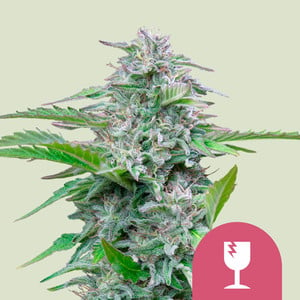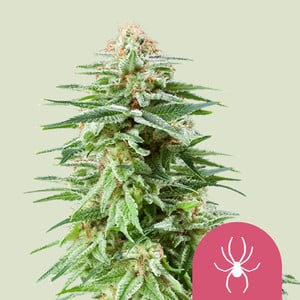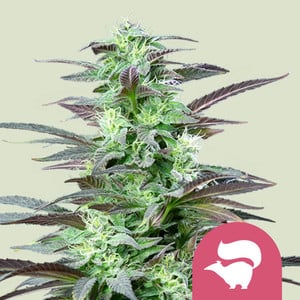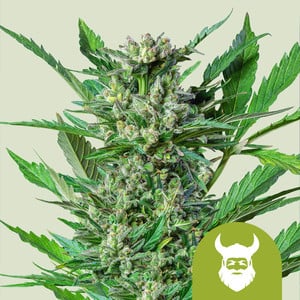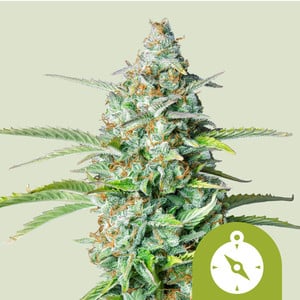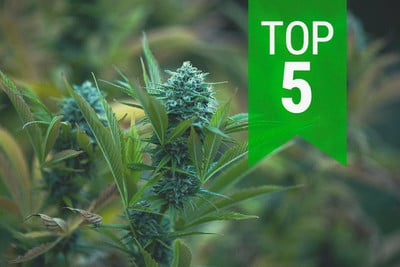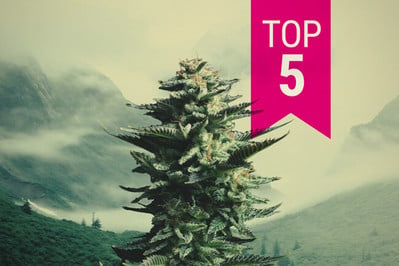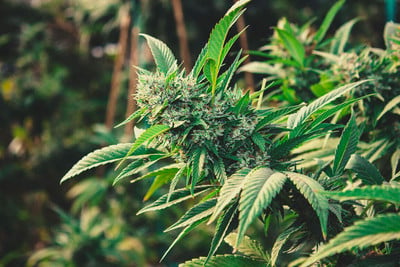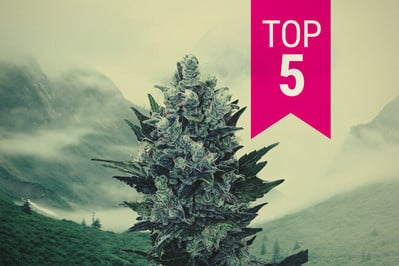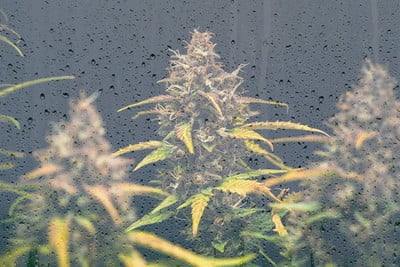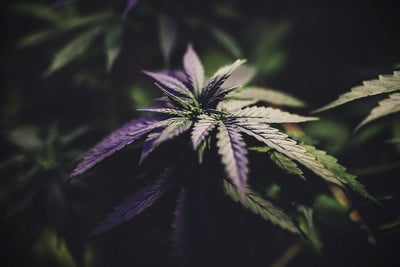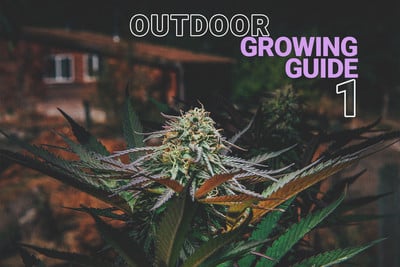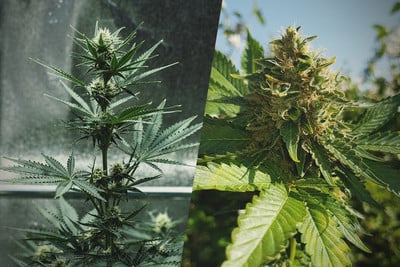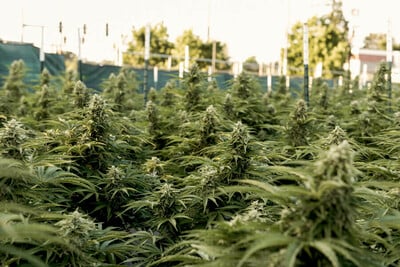 Weed Grow Guide by Royal Queen Seeds
Weed Grow Guide by Royal Queen Seeds
- Growing weed step by step
- Marijuana growing basics
- Choosing your seeds
- How to germinate seeds
- The marijuana vegetative stage
- The marijuana flowering stage
- Harvesting marijuana
- Trimming, drying, and curing
- Choosing pots and soil
-
Growing indoors
- A Complete Overview Of Growing Cannabis Indoors
- Cannabis Cultivation Tips: How To Set Up Indoor Grow Lights
- How Many Cannabis Plants Can You Grow Per Square Metre?
- Indoor Cannabis Growing: Relative Humidity and Temperatures
- Hydroponics Cannabis Growing Guide (with diagrams)
- Cannabis Micro Growing: Growing Great Weed in Tiny Spaces
- Growing outdoors
- How to grow autoflowering marijuana
- Marijuana nutrients and pH
- Marijuana troubleshooting: Nutrients
-
Marijuana troubleshooting: Growing
- Cannabis Seed Germination — Troubleshooting Guide
- How to Deal With Pythium (Root Rot) in Cannabis Plants
- Slow Cannabis Plant Growth And What You Can Do About It
- How to Prevent and Fix Stretching in Cannabis Seedlings
- Watering Your Cannabis: How to Fix Overwatering and Underwatering
- Understanding Male, Female, And Hermaphrodite Cannabis
- Identifying and Treating Common Cannabis Ailments
- How To Revive a Sick Cannabis Plant
- How to Avoid Moldy Marijuana During Drying and Curing
- How to Prevent and Treat Dry and Crispy Cannabis Leaves
- What Cannabis Leaves Can Tell You
- Causes and Solutions for Yellow Cannabis Leaves
-
Marijuana Strains Grow Report
- HulkBerry Automatic Grow Report
- Blue Cheese Auto Grow Report
- Purple Punch Automatic Grow Report
- Triple G Automatic Grow Report
- Do-Si-Dos Automatic Grow Report
- Green Gelato Automatic Grow Report
- Haze Berry Automatic Grow Report
- Purple Queen Automatic Grow Report
- Cookies Gelato Automatic Grow Report
- Sherbet Queen Automatic Grow Report
- Sweet Skunk Automatic Grow Report
- Medusa F1 Grow Report
- Marijuana plant training
-
Marijuana growing tips
- The Cannabis Plant Anatomy
- How to preserve seeds
- How Much Sunlight Do Outdoor Cannabis Plants Need To Grow?
- How to Control and Prevent Stretching in Cannabis Plants
- My Cannabis Plants Are Growing Too Tall: What Should I Do?
- Should You Worry About Purple Or Red Cannabis Stems?
- What To Do When Your Indoor Cannabis Won’t Flower
- How To Protect Your Cannabis Plants From Heat Stress
- How To Tell If Your Female Cannabis Plant Has Been Pollinated
- Growing Medical Marijuana
- Bud Washing: How to Clean Your Weed
- Understanding Cannabis Yield per Plant

Hot Tips For Growing Weed In Cold Weather
We all know that cannabis grows best in areas with warm summers and plenty of sunshine. But, being such a versatile and hardy crop, you might be wondering whether it’s possible to grow cannabis in cold weather. Thankfully it is, but there are some key tips and tricks you'll need to keep in mind.
In this article, we’ll walk you through everything you need to know about growing cannabis during those chilly winter months.
Contents:
Getting It Right From The Start - Picking The Perfect Genetics
Every cannabis grow is dictated by genetics. In turn, if you’re planning a winter or cold weather grow, your best bet at achieving a respectable harvest is investing in the right genetics from the start.
Ideally, you’ll want to look for strains with genetics linked to cooler areas of the globe. Indica-dominant strains and landrace varieties from mountainous areas of Asia, for example, tend to be much better suited to cooler temperatures than sativas.
Autoflowering strains are another great option for growers living or growing in cold regions. Cannabis Ruderalis, the variety of cannabis bred with indicas and sativas that gives descendants their autoflowering properties, is native to Central/Eastern Europe and Russia, and is renowned for being especially hardy. Plus, the fact that autos can go from seed to bud in as little as 8 weeks makes them optimal for sneaking in an extra early Spring or late Fall harvest.
How Cold Weather Affects Cannabis Plants
There are 2 main concerns when it comes to growing cannabis in cold weather or winter. The first is shock to the plant's root systems.
Healthy roots are the heart and soul of a healthy cannabis plant, and cold weather can directly impact the health of a plant’s roots.
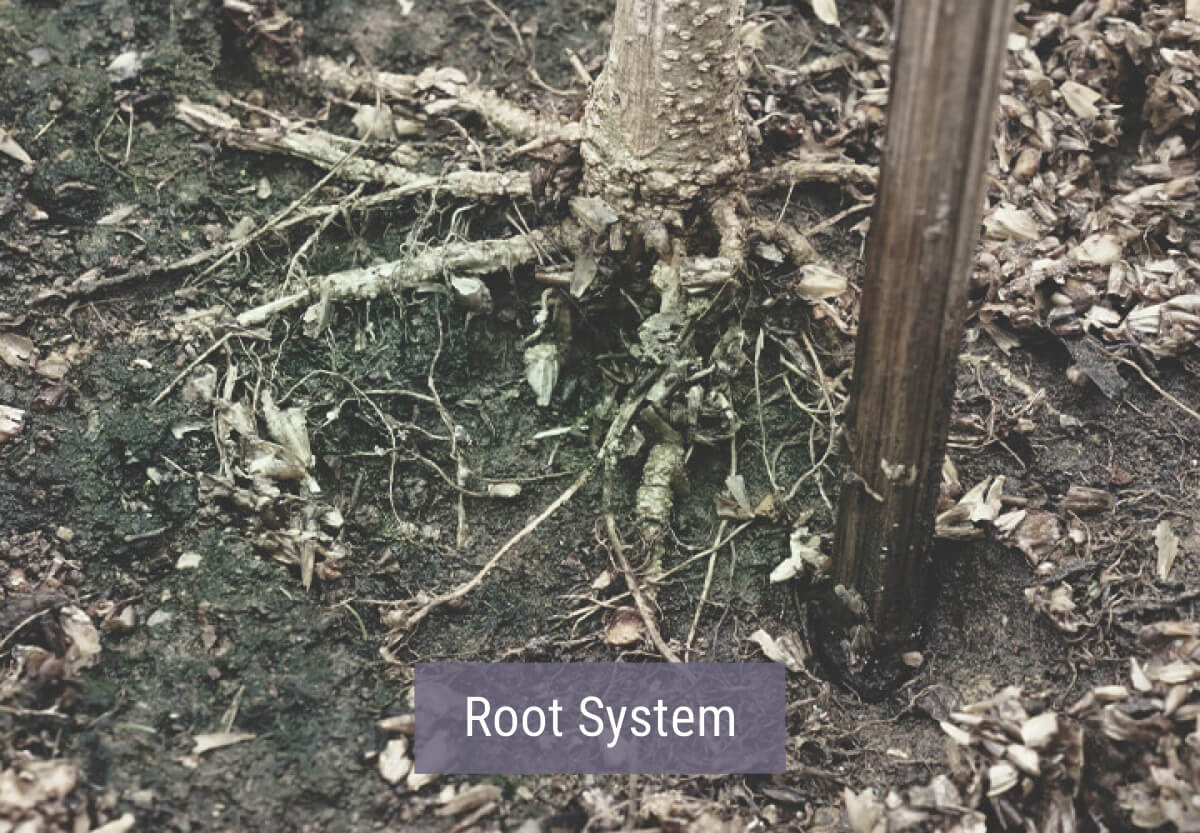
Once soil temperatures drop below 12°C, a cannabis plant’s metabolism starts to slow down considerably. As it does, the plant will struggle to take up water, nutrients, and oxygen from its soil, and many of the enzymatic processes needed to fuel its growth will come to a standstill. Over time, the plant will likely suffer from stunted growth or may even start to wilt.
In some strains, cold weather may also trigger hermaphroditism, meaning that the plant grows both pollen sacs and buds, leading to self-pollination and dramatically decreased yields in turn.
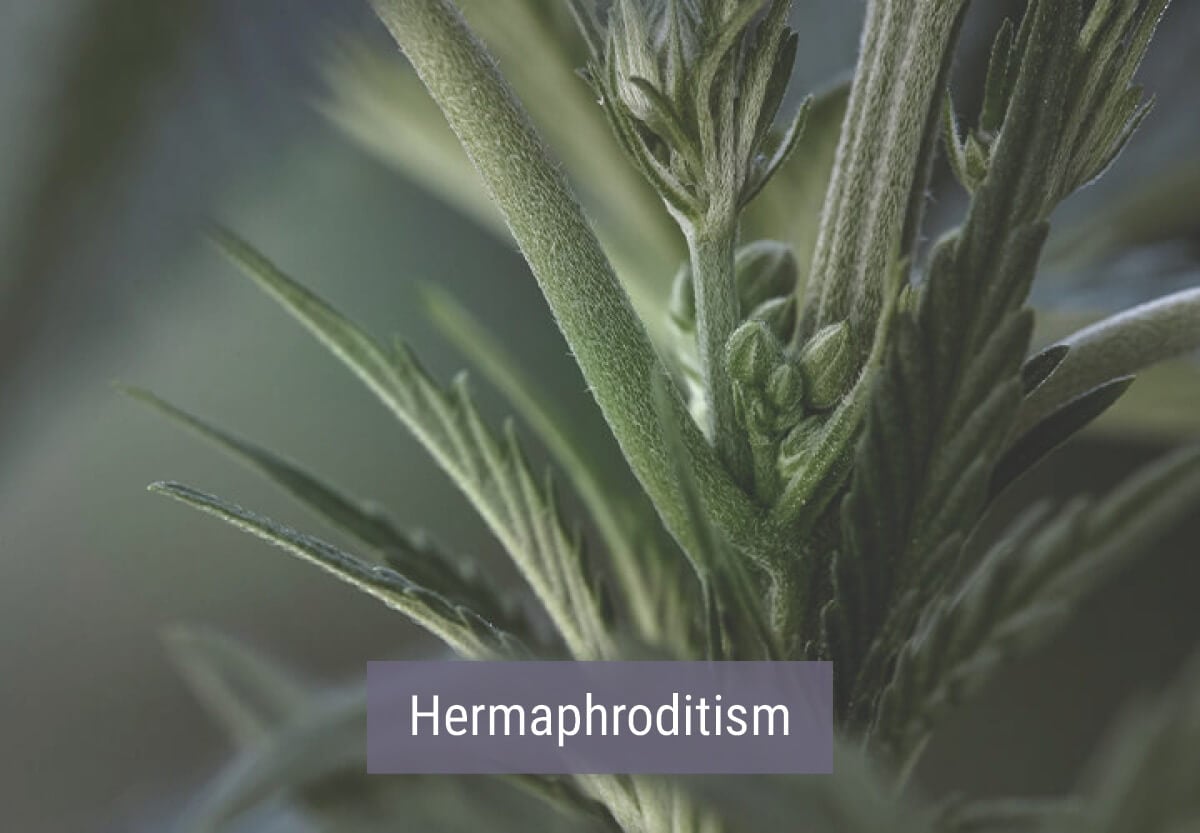
Mold is the second major concern when growing cannabis in cold weather, especially if there's moisture in the air.
Moisture from rainfall, snow, or frosts can build up and become trapped on a plant's leaves or flowers, triggering mold issues that can be extremely hard to get rid of. That, in turn, can cause the flowers of your plants to rot well before they’re ready for harvest.
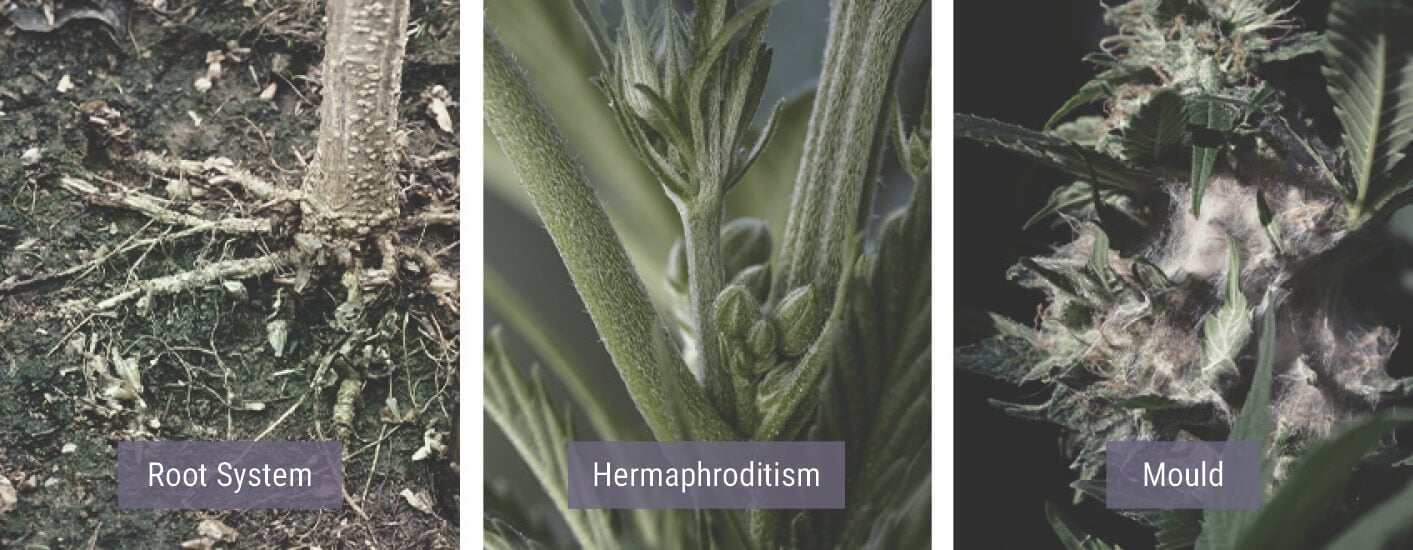
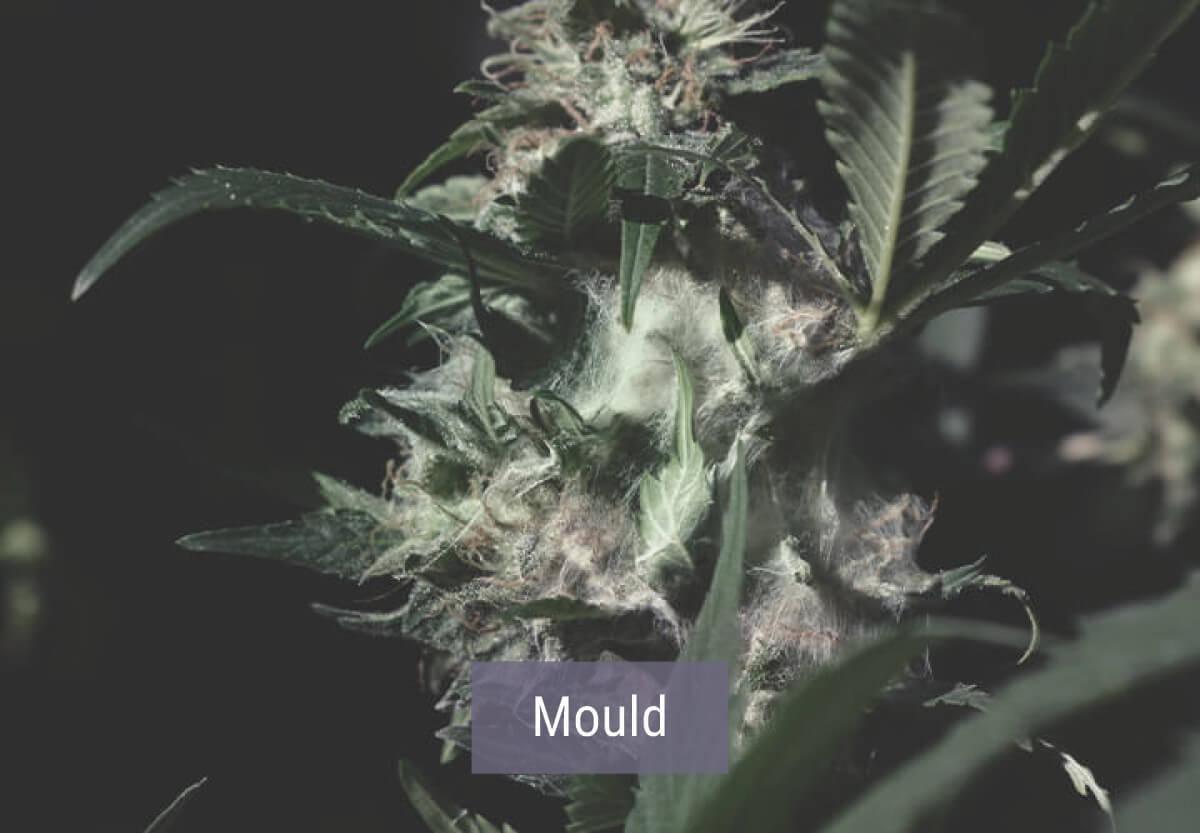
How Cold Can Cannabis Get?
This leads to another question: How cold can cannabis plants get before problems arise? Well, to answer that question, we first have to consider the perfect temperature for cannabis plants.
For the most part, they're happiest at temperatures between 20-25°C, depending on which stage of their life cycle they are in. Vegetating plants, for example, like it warmer, as they're usually in that stage during the peak summer months. In that same way, flowering plants tend to like slightly cooler temperatures, as they're usually in this stage around the beginning of fall. Meanwhile, the ideal soil temperature for healthy, stable root growth is between 15-20°C.
Straying a little outside of these ideal temperatures, though, won’t kill your plants. After all, cannabis growing in the wild isn’t always exposed to that ideal range. However, if you’re growing indoors and have the opportunity to meticulously control every aspect of your grow, staying within these temperatures will ensure your plants grow at their best.
Getting That Extra Late (Or Early)-Season Crop
One of the reasons you might be considering growing weed during the coldest months of the year is to get in an extra harvest, either before or after the growing season. If that’s the case, we recommend planting autos and germinating them either late in the fall or, preferably, later in the summer.
Depending on the flowering time of the particular strain you’re growing, your plants could be harvest-ready either by mid-winter (if you germinated your seeds in fall) or mid-fall (if you germinated in summer).
Note that this technique only works in regions with a mild winter or a warm spring. Don’t try this technique if you’re living in an area with harsh, cold winters and unstable spring temperatures. In these areas, you’ll need to build a greenhouse to protect your plants from the elements.
What Effect Do Cold Temperatures Have On Flowering Cannabis Plants?
Many indoor growers opt to bring down the temperatures in their grow room during the bloom phase. This helps mimic the natural temperature drop plants would be exposed to when growing outdoors, and can also help promote bud development as the plant prepares for winter and focuses on reproducing. Many growers also find that gradually dropping the temperatures in their grow room can help encourage their plants to produce buds with purple hues.
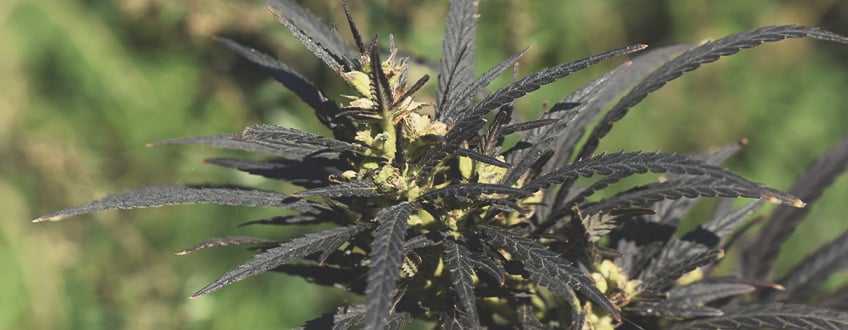
Can You Grow Cannabis Outdoors In Winter?
No. Unless you live in an area with very mild winters and low rainfall, we don’t recommend growing cannabis outdoors during winter, as you’ll usually end up with sickly plants and/or poor harvests.
If you do try your hand at keeping a bunch of outdoor plants during winter, make sure to follow these tips to keep them healthy and get the best possible results:
- Keep your plants’ roots warm. Using heat mats to keep your soil temperatures above 12°C can help minimize the stress to your plant’s root zone and promote healthy vegetative growth and flowering.
- Protect your plants from rain or snow. Remember, any humidity trapped on your plant’s leaves or buds can cause serious mold issues.
- Know your dates. If you have your plants growing outside at all, remember to bring your plants indoors before the temperatures outdoors get too cold.
Avoid Light Stress Or Revegetating (When Moving Your Plants Indoors)
If you need to bring your cannabis plants indoors to shelter them from the harsh winter, make sure you do so carefully. Pay close attention to the daytime hours and temperatures, and do your best to match those conditions indoors.
If your plants have started to flower, you’ll need to be even more careful. If you give them more light indoors than they’ve been getting outside, they may revert back into their vegetative cycle. This process is known as revegetation, and causes extreme stress for the plant.
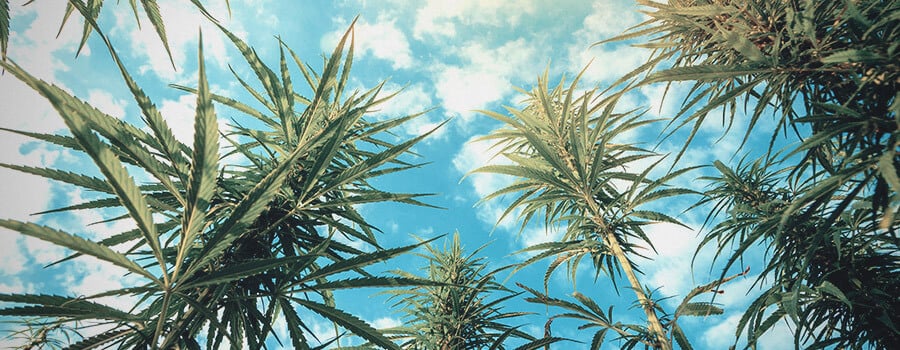
Force Flowering Outdoors
If you can’t move your plants indoors in time to save them from the winter, plan ahead and consider force-flowering your plants outdoors. The easiest way to do this is to cover the plants with a light-proof structure or fabric (like a tarp) during their new "nighttime" hours. This will give them the impression that the seasons are starting to change, and they'll jump into the flowering phase accordingly.
Move Plants To A Greenhouse
Greenhouses essentially give you the freedom to grow weed all year round, given you have adequate control over the lighting, temperature, and humidity inside your greenhouse. If you’re considering using a greenhouse to grow your own weed, here are a few things to consider:
- The initial cost of building and setting up a greenhouse can quickly add up and usually top the costs of setting up an indoor grow room/tent.
- Greenhouses allow you to harness the power of the sun all year round (given your region gets plenty of sunlight).
- Growing in a greenhouse helps keep your plants away from prying eyes.
Why The Old School Indoor Grower Welcomes Cold Weather
Old school HID systems emit a great deal of heat, as well as light. Keeping cannabis plants in vegetative growth with an MH bulb under an 18+ hour light cycle is actually easier in cold weather and a simple method to preserve mother plants and/or cuttings during the winter months.
Flowering with HPS lighting and vegging with MH bulbs usually requires serious air cooling. The old school grower can turn cold weather to his/her advantage and save some cash on the air conditioning bill at the same time. Some even add extra lights to boost yields when the weather gets cooler.
Why The Next-generation Grower Needs To Turn Up The Heat In Winter
LED lighting systems are rapidly overtaking HID bulbs as the cultivation lamps of choice for Millennial weed growers, but the technology is still to be perfected. LED lights run cooler, because they emit almost 75% of their energy as light. This is fantastic most of the time and usually makes for easy environmental control in the grow tent.
However, LEDs can run too cold during the winter months. The simple solution is to turn up the heat. Unfortunately, this might negate the electric bill savings made by running the low wattage drawing LEDs.
High RH may also be an issue with LED systems in cold weather, a dehumidifier may also need to be added to the grow show and definitely during the bloom phase.
CFLs are more or less redundant during prolonged periods of cold weather, even the highest wattage bulbs available, with 300W, cannot generate sufficient heat to curb a frosty winter.
Bud rot is a real threat for growers cropping in cold weather with next generation lighting like LEDs and CFLs. Hydroponics and LEDs can be a recipe for disaster in cold weather, as both root rot and bud mold can be real threats if feed water is below room temp and RH exceeds 60% during flowering.
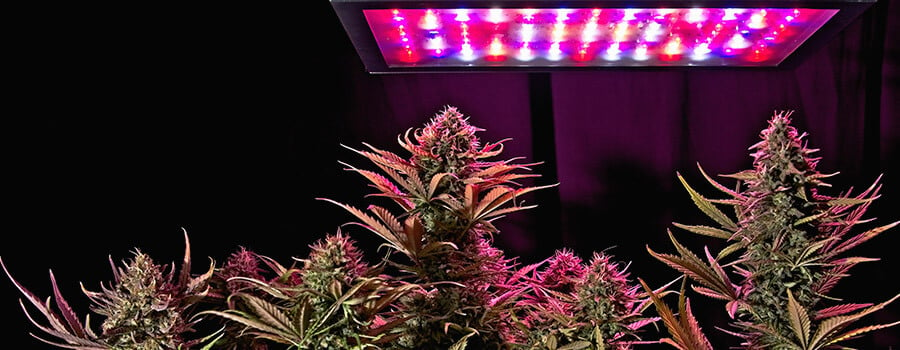
Maintaining environmental control year round is the only long-term solution; keep an eye on those thermometers and make adjustments when necessary. It’s a whole lot easier to heat a grow room in winter, than it is to cool a sweltering HID grow show in high summer.
Old school HID growers may be able to avoid turning on the heating during the dark cycle if they run their lights during the cold winter nights. Daytime temperatures are usually a little higher, so it might be possible.
LED aficionados face the prospect of running the heating virtually nonstop. Perhaps a combo of HID and LED is the smartest compromise in freezing conditions for the modern indoor cannabis grower.
We almost forgot to mention cropping cannabis in cold weather has the huge advantage of increasing the chances of certain strains displaying beautiful lilac and deep purple shades every weed grower covets most.
Five Best Strains To Grow In Cold Weather
With the best grow system in place for your needs, you will hopefully achieve superior results. Since you are taking such care for your set-up, you may also want to choose the magic ingredient carefully. All of these seeds are available to order from us now.
CRITICAL
You will find few cannabis plants as resilient as our Critical strain. It will even grow well in cold climates of the north. The flowering time of around 7 weeks ensures speedy results. The short height is also easily manageable in restricted growing conditions. An indoor Critical plant will only grow to 2.6 – 4.6 feet. The buds have a sweet, earthy smell, and will amount to yields of about 19.4 – 21.2 oz/m².
This hybrid owes its sativa properties to Skunk and its dominant indica side to Afghan landraces. Afghan plants get their lineage from highly potent and resilient plants of the Hindu Kush mountains. Therefore, you are going to enjoy pure tingling sensations that relax both body and mind, thanks in part to a THC content of around 18%. You won't know what your grow is missing until you give our Critical seeds a try.
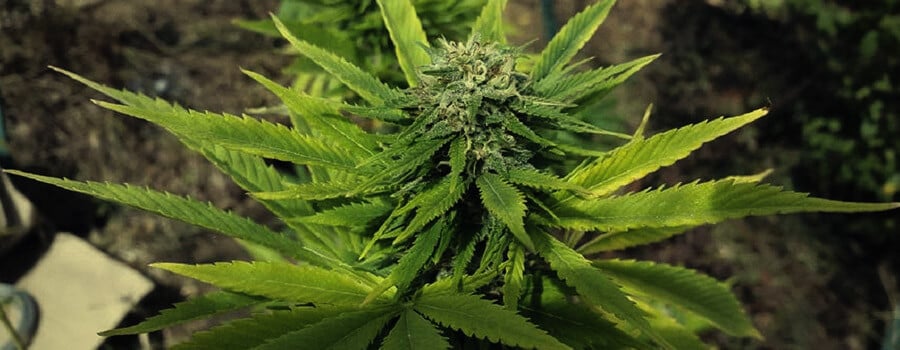
Critical
|
|
Afghani x Skunk |
|
|
19 to 21 oz/m² |
|
|
3 to 5 feet |
|
|
7 - 9 weeks |
|
|
THC: 18% |
|
|
Sativa 40% Indica 60% |
|
|
21 to 23 oz/plant |
|
|
6 to 7 feet |
|
|
Late September |
|
|
Heavy, Physically Relaxing, Stoned |
WHITE WIDOW
White Widow is famous worldwide, particularly among travellers to Amsterdam. Amsterdam and other Dutch cities that allow tourists to smoke cannabis consistently stock White Widow in their coffeeshops. There's something about this strain that has made it sell well in the Netherlands. Maybe it's that dank smell of pine. Maybe it's the sensuous high, which strikes an artful balance between sativa and indica properties. Maybe it's the powerful psychedelic impact of that THC content over 19%.
It was an introduction to cannabis for many first-time smokers. Consider introducing it to your grow. Although the smell will give you pungent earthy spices to mask, indoor plants will aid in discretion, growing between 2 – 3.3 feet tall. You will be very happy once you see a yield of up to 15.9 – 17.6 oz/m².
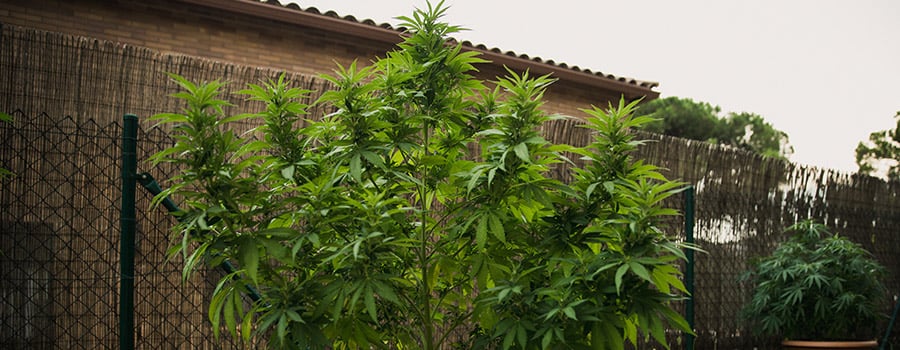
White Widow
|
|
White Widow S1 |
|
|
16 to 19 oz/m² |
|
|
2 to 3 feet |
|
|
8 - 10 weeks |
|
|
THC: 19% |
|
|
Sativa 50% Indica 50% |
|
|
19 to 21 oz/plant |
|
|
5 to 6 feet |
|
|
Early October |
|
|
Powerful , Stoned |
SKUNK XL
Skunk has become famous in every stoner hotspot around the globe. It has even been targeted by the media as a particularly potent form of high-THC cannabis. In reality, the THC content of Skunk strains can vary vastly. Skunk tends to be prized more for the euphoric buzz it brings, alongside its rich, spicy flavor. The variety we sell, for example, has a THC content of 17%, balanced nicely with an elevated CBD content. This means our particular variety should encourage soothing, happy sensations. It is also balanced genetically, split evenly between sativa and indica.
If this experience sounds good to you, it can be yours within a relatively short time. The flowering period for our Skunk XL is typically 7–8 weeks. Grown outdoors, the plant can reach a maximum height of 2 metres. Indoors, things become more manageable at 2 – 3.3 feet. The strain can yield between 22 – 23.8 oz outdoors, while indoor yields come in at around 21.2 – 22.9 oz/m².
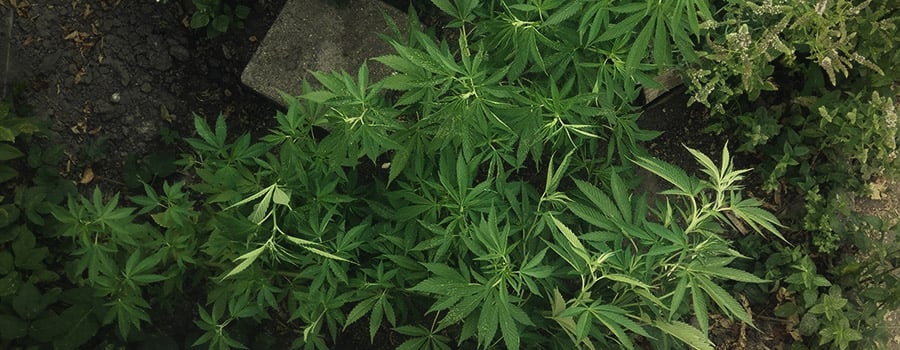
Skunk XL
|
|
Skunk 1 x Afghan |
|
|
21 to 23 oz/m² |
|
|
2 to 3 feet |
|
|
8 - 9 weeks |
|
|
THC: 17% |
|
|
Sativa 50% Indica 50% |
|
|
22 to 24 oz/plant |
|
|
5 to 7 feet |
|
|
October |
|
|
Balanced, Clear, Stoned |
ROYAL DWARF
Our cup-winning specialty provides a lot of value for such a small plant. Royal Dwarf is a compact hybrid that induces a buzzing high throughout the body. This is the result of a THC content surpassing 13% with strong sativa effects. The genetics of this plant also owe much to ruderalis, leading to the sort of strength, stability, and small size that enables the cannabis plant to survive in the wild. Such strong genetics support this crossbreeding of Skunk and Easy Bud, bringing the best of both worlds together, particularly the sweet and sour citrus flavors.
The convenient stature of this plant makes it easy to grow discreetly. Even outdoors, the plant rarely surpasses 35.1 inches, with an indoor height of 1.3 – 2 feet. The modest yield of this plant is anywhere from 1.1 – 2.8 oz outdoors, or 5.3 – 7.1 oz/m² indoors. It takes 8–9 weeks from seed to experience the satisfaction of this easy-to-grow plant for yourself.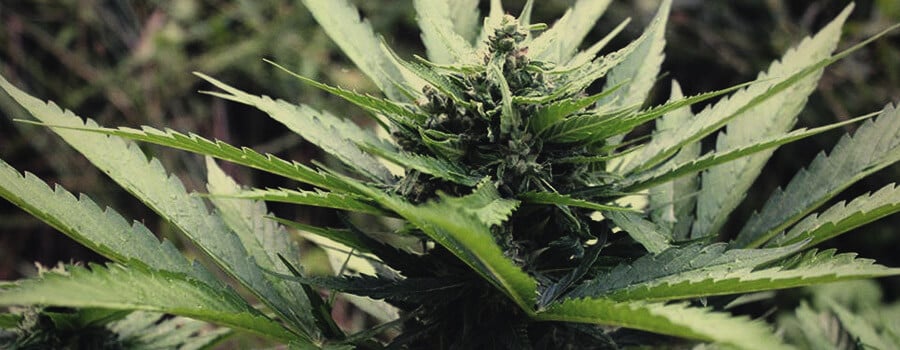
Royal Dwarf
|
|
Skunk x Ruderalis |
|
|
5 to 7 oz/m² |
|
|
1 to 2 feet |
|
|
6 - 7 weeks |
|
|
THC: 13% |
|
|
Sativa 10% Indica 60% Ruderalis 30% |
|
|
1 to 3 oz/plant |
|
|
2 to 3 feet |
|
|
9 - 10 weeks after sprouting |
|
|
Creative, Motivating |
NORTHERN LIGHT AUTO
The classic indica Northern Lights is another popular feature of Dutch coffeeshops. The dispensaries of North America have also seen this strain in high demand. Its indica qualities are delivered with a distinctive taste. The spicy tones of earth and pine remind one of the plant's Afghan heritage. The fruity flavors combine to create a complex and sensual profile. The only thing that could make this strain more pleasing is faster growth. And that's where Royal Queen Seeds stepped in.
With such an appealing plant, it would be a shame if some parts of the world couldn't cultivate it. That's why we have bred it with ruderalis genetics to form our exclusive variety Northern Light Auto. Now, you too can enjoy this iconic strain, but delivered after a flowering time of only 5–7 weeks. The THC content of 14% leads to an uplifting, pleasantly manageable high. And yields are respectable to boot. 6 – 7.8 oz outdoors and 17.6 – 19.4 oz/m² indoors can be expected once this plant is ready for the chop.
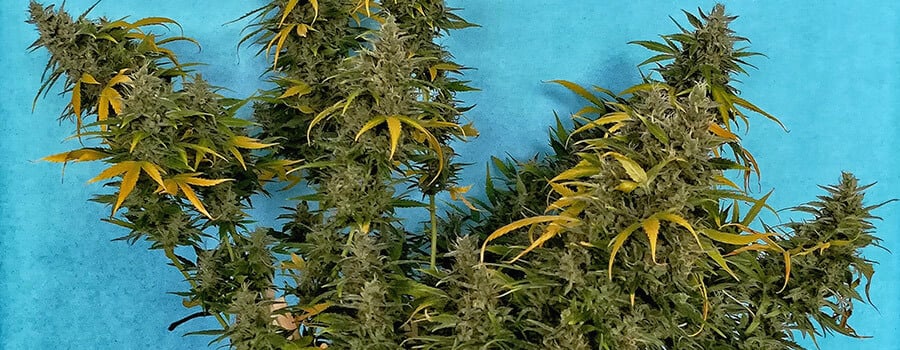
Northern Light Auto
|
|
Northern Light x Ruderalis |
|
|
18 to 19 oz/m² |
|
|
3 to 4 feet |
|
|
6 - 8 weeks |
|
|
THC: 14% |
|
|
Sativa 0% Indica 80% Ruderalis 20% |
|
|
6 to 8 oz/plant |
|
|
4 to 5 feet |
|
|
10 - 12 weeks after sprouting |
|
|
Clear, Uplifting |
 Grow Guide Topic Finder
Grow Guide Topic Finder
- Growing weed step by step
- Marijuana growing basics
- Choosing your seeds
- How to germinate seeds
- The marijuana vegetative stage
- The marijuana flowering stage
- Harvesting marijuana
- Trimming, drying, and curing
- Choosing pots and soil
-
Growing indoors
- A Complete Overview Of Growing Cannabis Indoors
- Cannabis Cultivation Tips: How To Set Up Indoor Grow Lights
- How Many Cannabis Plants Can You Grow Per Square Metre?
- Indoor Cannabis Growing: Relative Humidity and Temperatures
- Hydroponics Cannabis Growing Guide (with diagrams)
- Cannabis Micro Growing: Growing Great Weed in Tiny Spaces
- Growing outdoors
- How to grow autoflowering marijuana
- Marijuana nutrients and pH
- Marijuana troubleshooting: Nutrients
-
Marijuana troubleshooting: Growing
- Cannabis Seed Germination — Troubleshooting Guide
- How to Deal With Pythium (Root Rot) in Cannabis Plants
- Slow Cannabis Plant Growth And What You Can Do About It
- How to Prevent and Fix Stretching in Cannabis Seedlings
- Watering Your Cannabis: How to Fix Overwatering and Underwatering
- Understanding Male, Female, And Hermaphrodite Cannabis
- Identifying and Treating Common Cannabis Ailments
- How To Revive a Sick Cannabis Plant
- How to Avoid Moldy Marijuana During Drying and Curing
- How to Prevent and Treat Dry and Crispy Cannabis Leaves
- What Cannabis Leaves Can Tell You
- Causes and Solutions for Yellow Cannabis Leaves
-
Marijuana Strains Grow Report
- HulkBerry Automatic Grow Report
- Blue Cheese Auto Grow Report
- Purple Punch Automatic Grow Report
- Triple G Automatic Grow Report
- Do-Si-Dos Automatic Grow Report
- Green Gelato Automatic Grow Report
- Haze Berry Automatic Grow Report
- Purple Queen Automatic Grow Report
- Cookies Gelato Automatic Grow Report
- Sherbet Queen Automatic Grow Report
- Sweet Skunk Automatic Grow Report
- Medusa F1 Grow Report
- Marijuana plant training
-
Marijuana growing tips
- The Cannabis Plant Anatomy
- How to preserve seeds
- How Much Sunlight Do Outdoor Cannabis Plants Need To Grow?
- How to Control and Prevent Stretching in Cannabis Plants
- My Cannabis Plants Are Growing Too Tall: What Should I Do?
- Should You Worry About Purple Or Red Cannabis Stems?
- What To Do When Your Indoor Cannabis Won’t Flower
- How To Protect Your Cannabis Plants From Heat Stress
- How To Tell If Your Female Cannabis Plant Has Been Pollinated
- Growing Medical Marijuana
- Bud Washing: How to Clean Your Weed
- Understanding Cannabis Yield per Plant


























